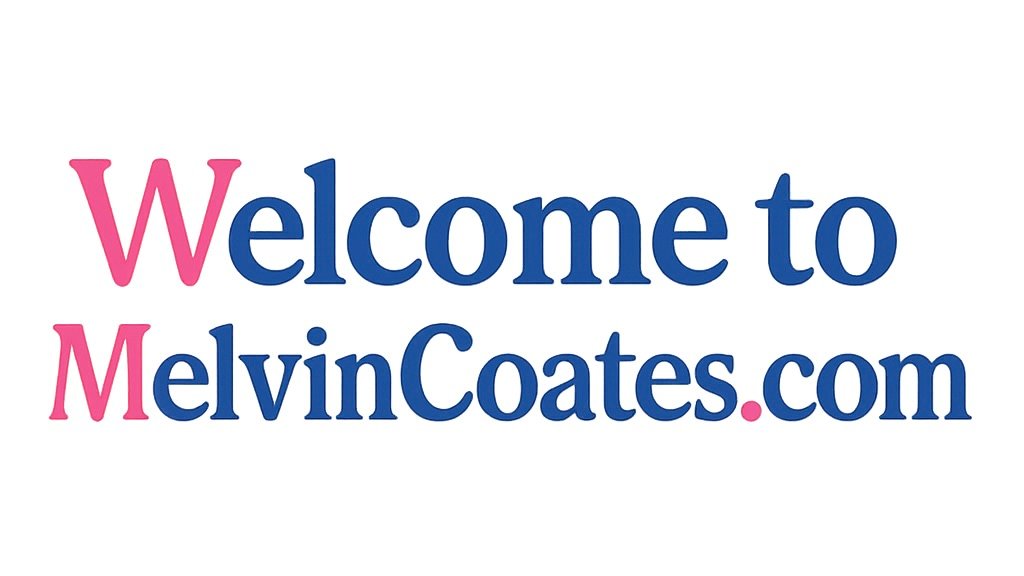You Can’t Spend the Same Dollar Twice: The Flawed Promise of Tariff Rebate Checks
When I first heard the latest proposal being floated by former President Trump—sending American households “rebate” checks funded by tariff revenues—it stopped me in my tracks. On the surface, it sounds like a clever way to redirect foreign payments to struggling American families. But anyone who’s been around the block, from a kitchen table budgeter to an old Army financial clerk like myself, knows a basic truth: **you can’t spend the same dollar twice**. And that brings us to the root problem with this whole idea.
The Mirage of Tariff Windfalls
Let’s break down how tariffs work. Tariffs are essentially taxes placed on imported goods—costs that are most often passed on not to foreign governments, but to **American businesses and consumers**. So when Trump talks about using tariff revenues to write out checks to Americans, he’s using an accounting sleight of hand.
It’s like this: the government raises prices on imported goods with a tariff, which increases the cost for retailers, which then pass that cost onto customers. That “revenue” isn’t new money from abroad—it’s **money out of our pockets**, just reassigned. It’s the same dollar, dressed up and sent back with a ribbon on it.
Everyday Americans Already Pay the Price
Let me be real here. I live in a community where folks are already stretching every dollar. Gasoline, groceries, construction supplies—all of it gets hit when tariffs are slapped on trade partners like China. We feel it in the checkout line and the monthly bills.
Back in Trump’s presidency, a study estimated that the tariffs cost the average American household upwards of **$1,200 a year** in higher prices. So if the government collects that same amount through higher prices and then sends you, let’s say, a $500 “rebate,” you’re not getting ahead—you’re being played. You lost $1,200 to inflation and got back a partial refund dressed as a gift. Excuse me, but I’ve seen better math in a third-grade word problem.
The Real-World Cost of “Bad Math Politics”
This isn’t just a math problem. It’s about trust, and about priorities. When government policies rely on smoke and mirrors, **working families are the first to feel the consequences**. We don’t have accountants smoothing out the bumps every April. We’ve got unexpected medical bills, gas tanks to fill before work, and kids to feed and clothe.
Trump’s suggested plan is like taking a dollar from your left pocket through higher costs, then triumphantly sliding a few coins back into your right one and telling you he did you a favor.
Redistributing Pain, Not Wealth
I’ve seen how these kinds of policies hit veterans, seniors, and low-income households hardest. Military families on fixed incomes can’t just “adjust” when a new tariff drives up the price of imported medicine or electronics. And small business owners can’t absorb 20-30% increases in supply chain costs without raising their own prices or laying someone off. It’s **trickle-down pain**, not prosperity.
That’s the real kicker: this isn’t about patriotism or standing up to foreign trade bullies. If your way of “getting tough on China” means breaking your neighbor’s grocery budget, we’ve got a problem.
What We Need Instead
Honesty, first of all. Politicians, no matter their party, owe us clear explanations—not gimmicks. And second, **real investment**. We need policies that build resilience—affordable housing, strengthened veteran programs, mental health support, job training, and clean energy infrastructure. That’s how you build a stronger America, not by juggling rebate checks from tariffs we pay ourselves.
Give working Americans tools and opportunity, not tax hikes framed as giveaways.
A Lesson From the Ledger
Old Army supply sergeant used to tell me, “Double book a rifle, and you’ll learn real quick the cost of sloppy records.” He wasn’t lying. Well, the same principle goes for government budgeting: you can’t spend the same dollar twice.
Not unless you’re okay with robbing Peter to pay Paul—and even then, Peter’s gonna notice his wallet’s lighter.
Final Thoughts
The idea of sending money back to Americans may sound good, and yes, people are hurting. But we can’t fix pain with political theater. We’ve got to stand for policies that truly help the folks bearing the most weight—not just flash another check like it’s magic money.
The truth is, that dollar came from somewhere you already paid. Don’t let anyone convince you it didn’t.
If this hits home or reminds you of the games we’ve seen before, I’d love to hear from you. Drop a comment, share your thoughts
